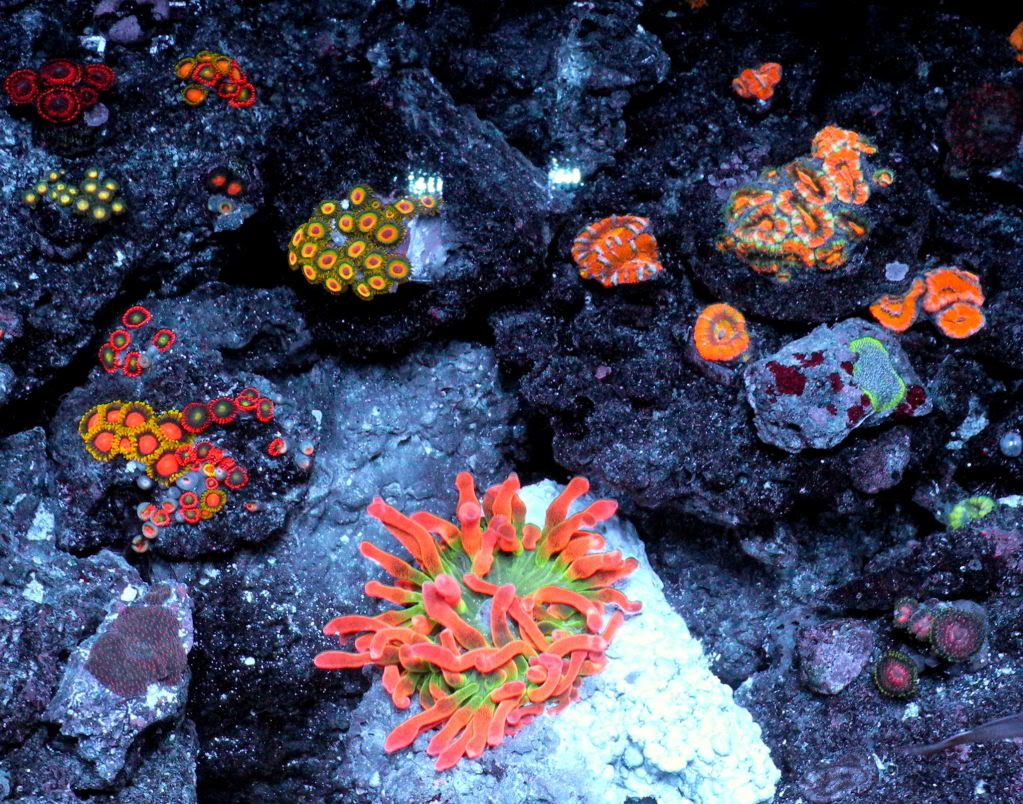There is no significant problem with lava rock, you just need to be aware of their properties compared to traditional aragonite type rocks.
Most lava rock has very minimal limestone (if any) due to how they were created.
And in most cases they are completely inert. Now this may be good or bad depending on your situation.
In reef tanks, limestone has the tendency to dissolve and release calcium, carbonates and bicarbonates when the water's pH goes below a certain threshold (usually around 8.0-8.4).
So if you have a large volume of limestone in your reef tank, you have a passive buffer for your pH, at the cost of gradually dissolving rock (nominal water pH will alleviate this). Calcium reactors take this concept to the active end of the spectrum.
There are also so many types of lava rock, depending on the region where they came from and what type of magma activity created them.
Some lava rock are so dense and smooth that they provide inefficient surface for bacterial colonization, and they are relatively heavy too.
There are some that are very porous and lightweight which makes them good substitutes for live rock for bacterial colonization, minus the buffering tendencies.
Lava rock, if properly prepared, does not create pH problems.
However, they also do not alleviate pH problems like limestone/aragonite does.
So I guess in some sense, you can say that "removal of a solution indeed creates a problem?" :)


